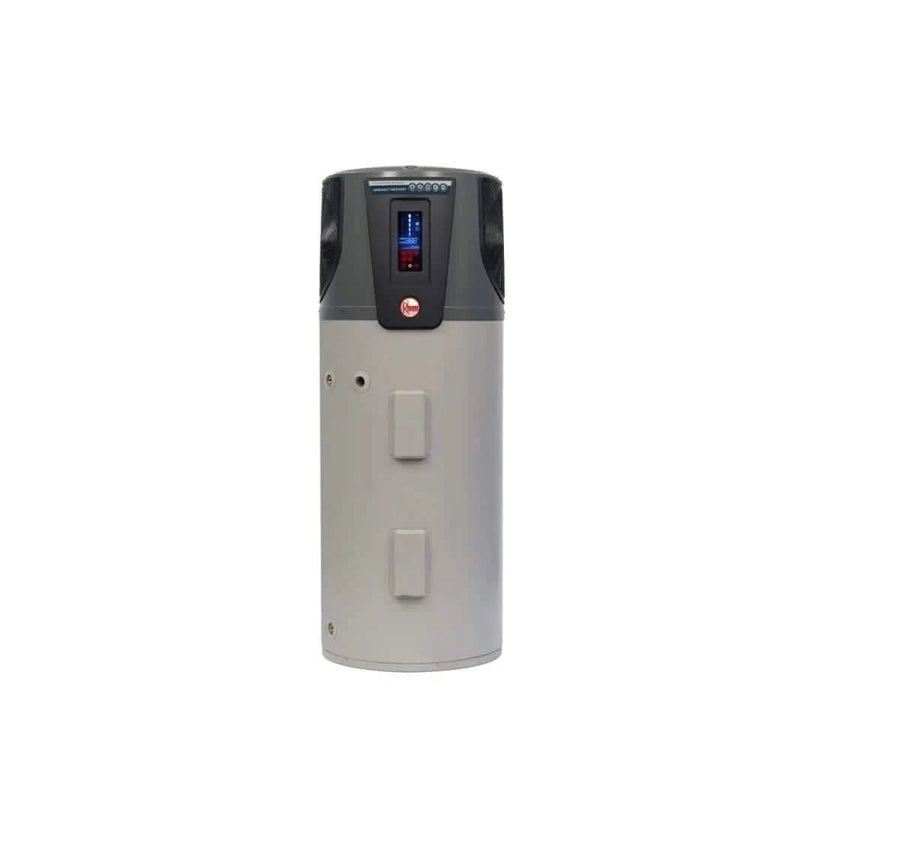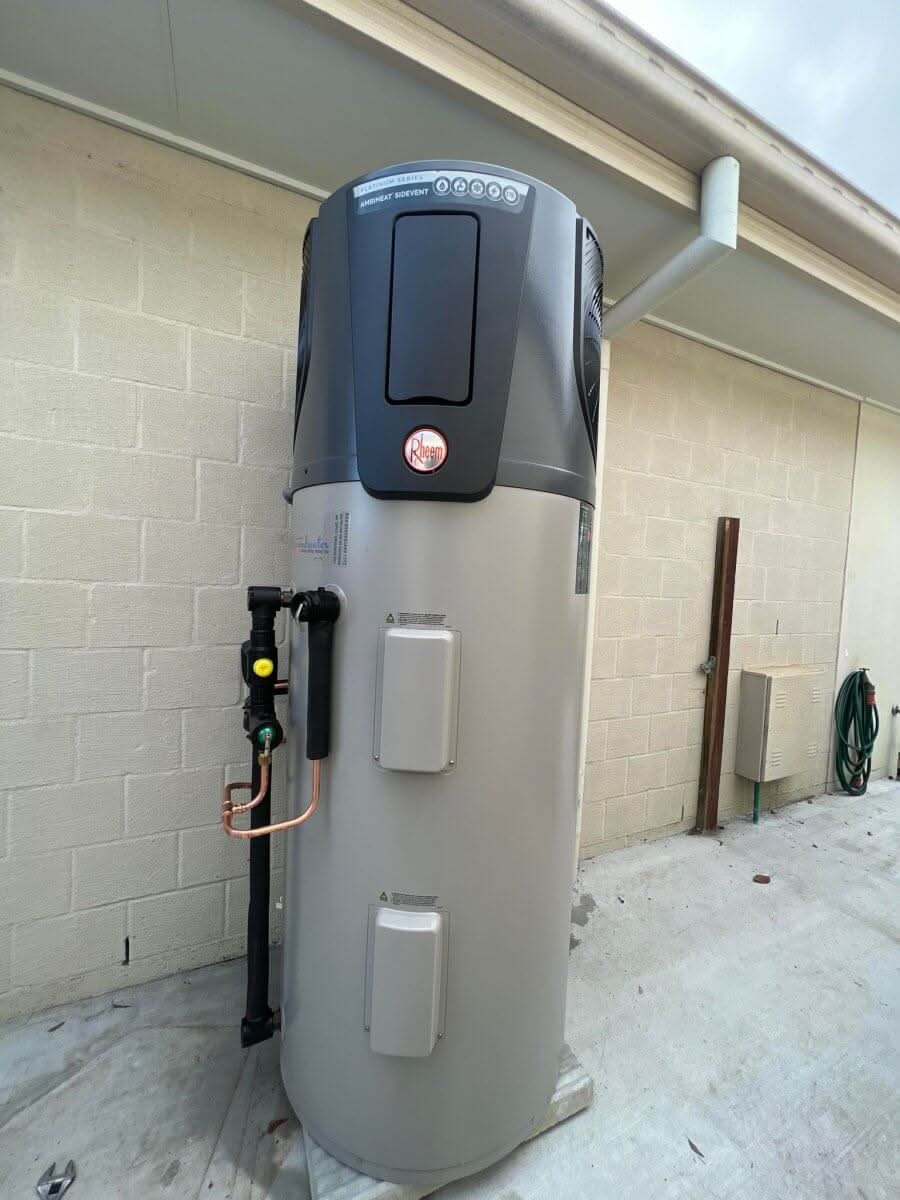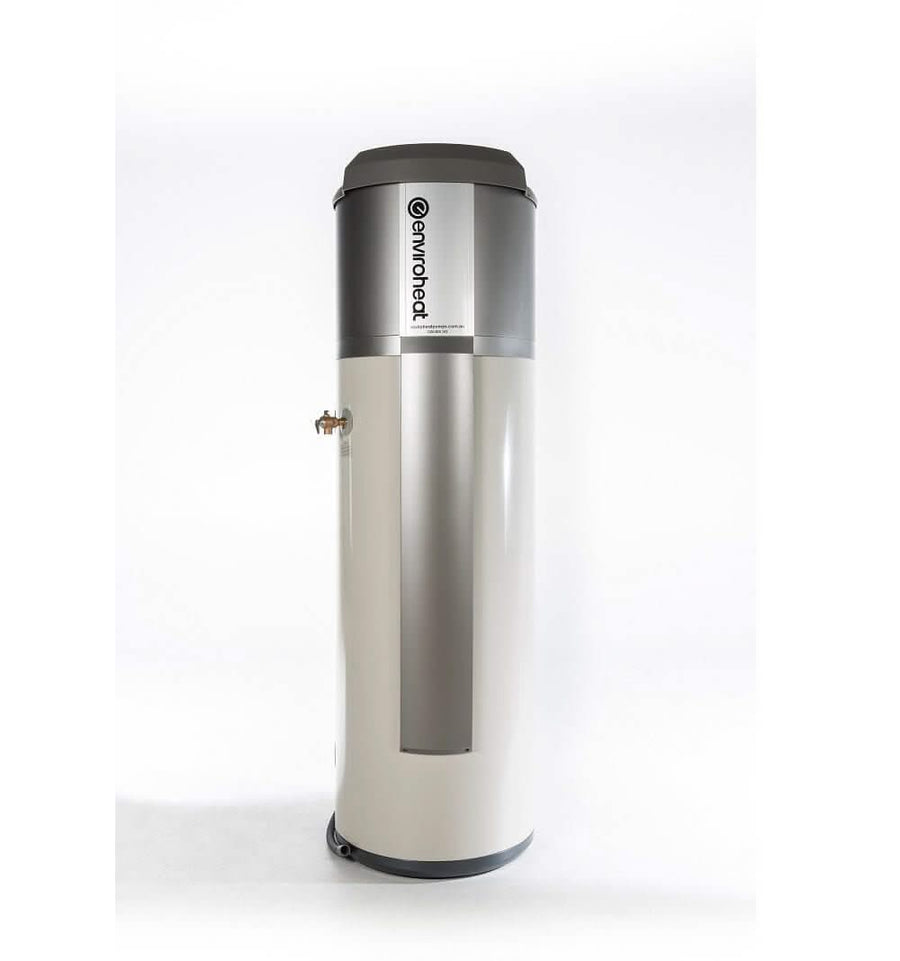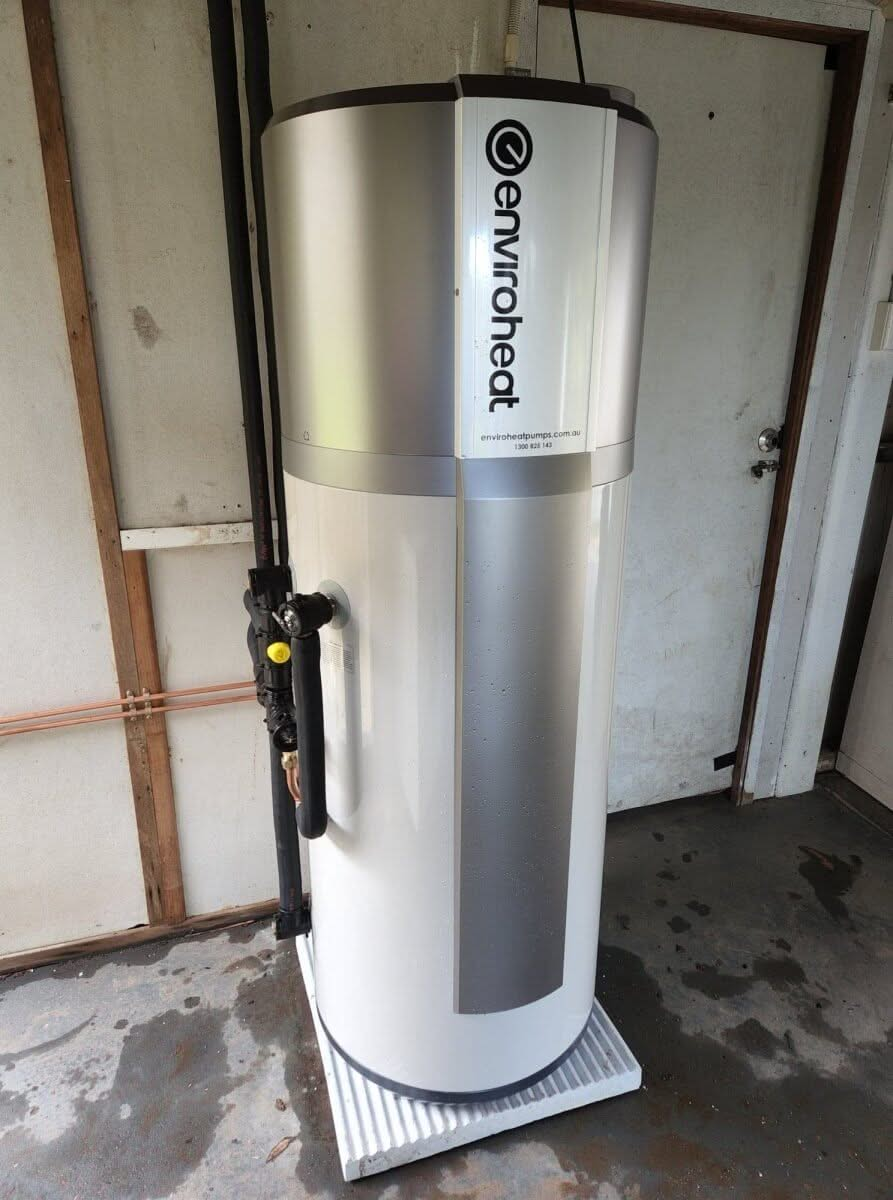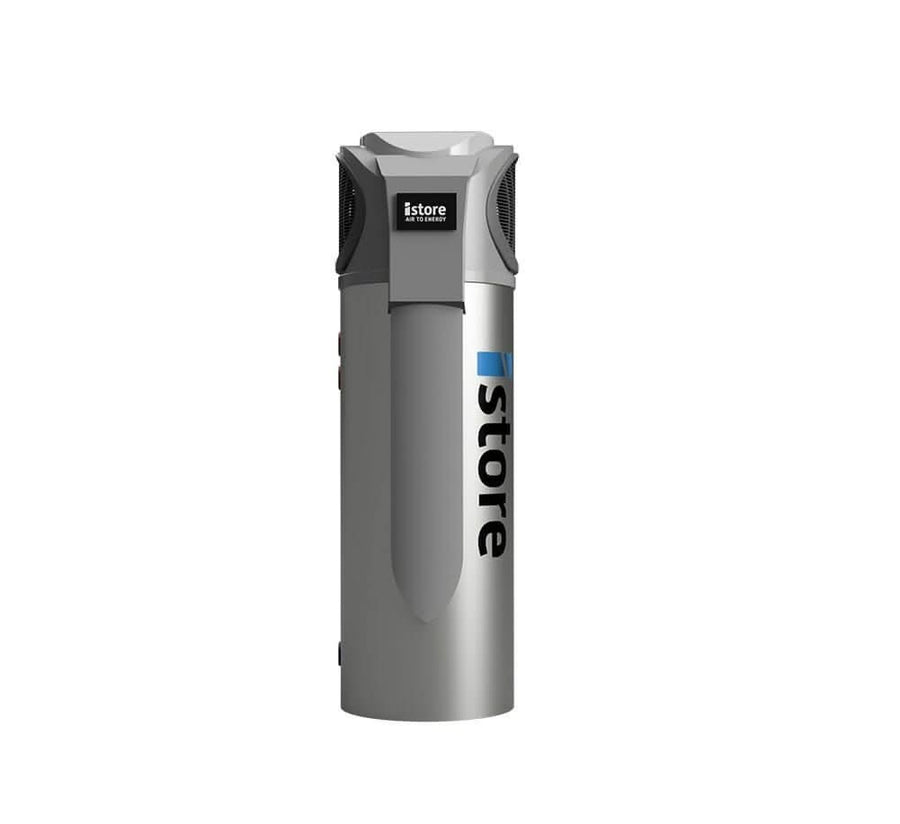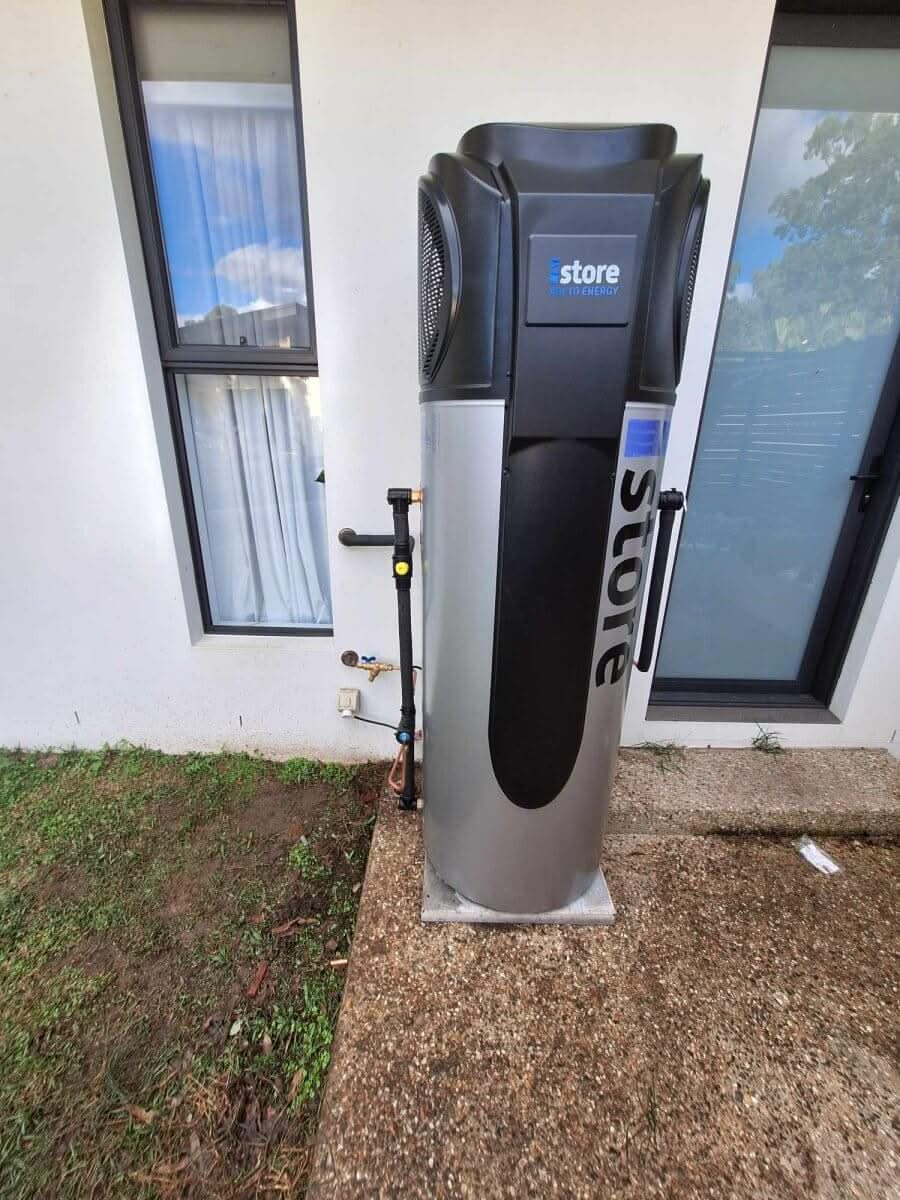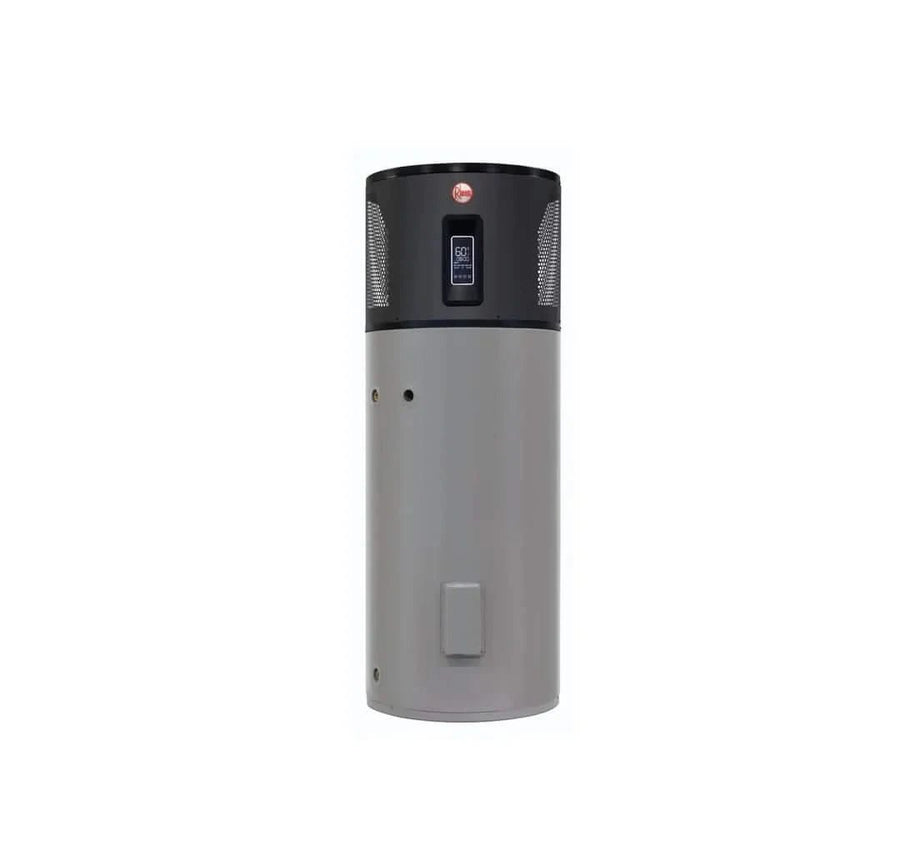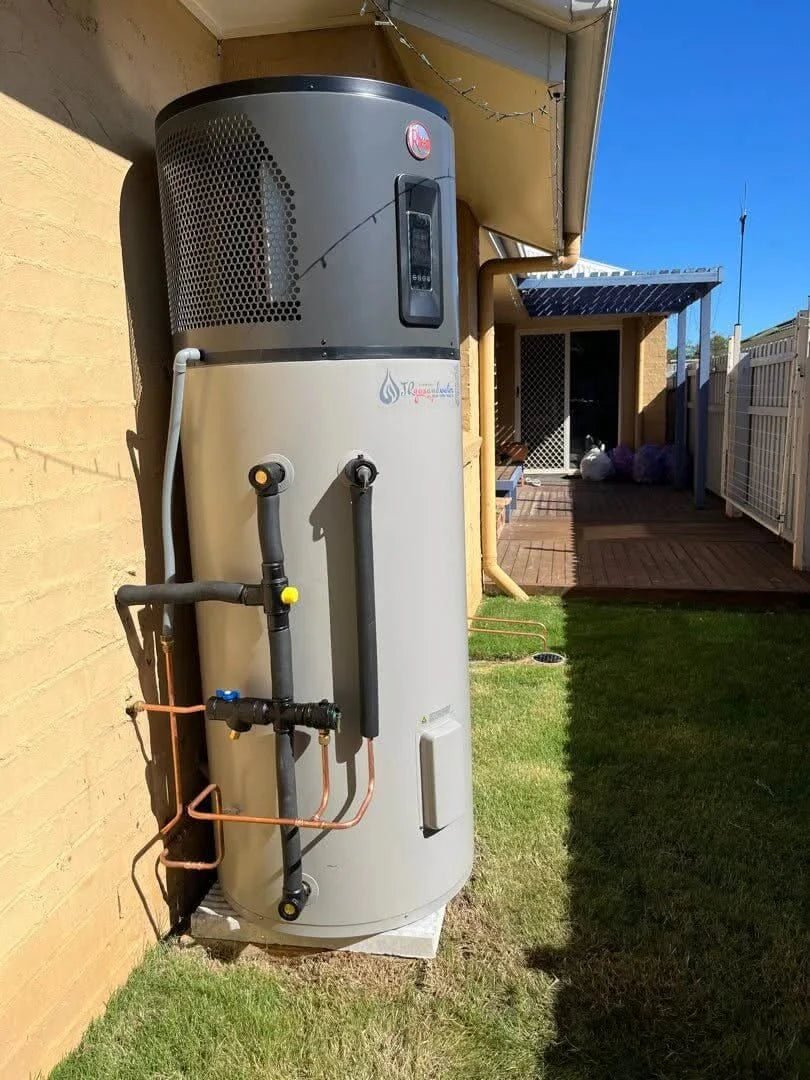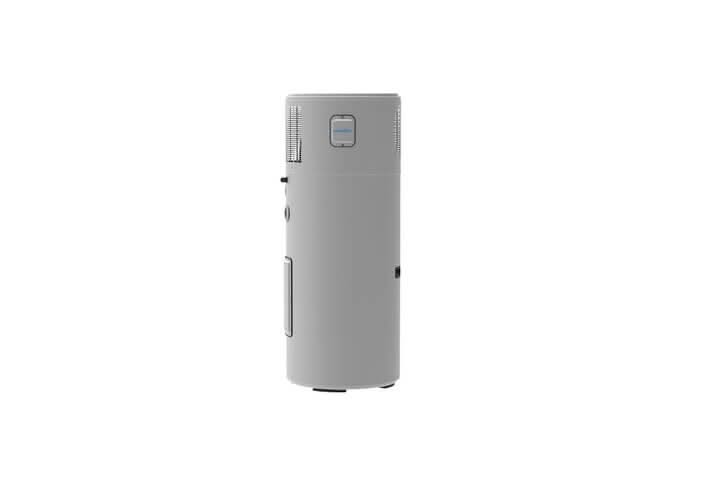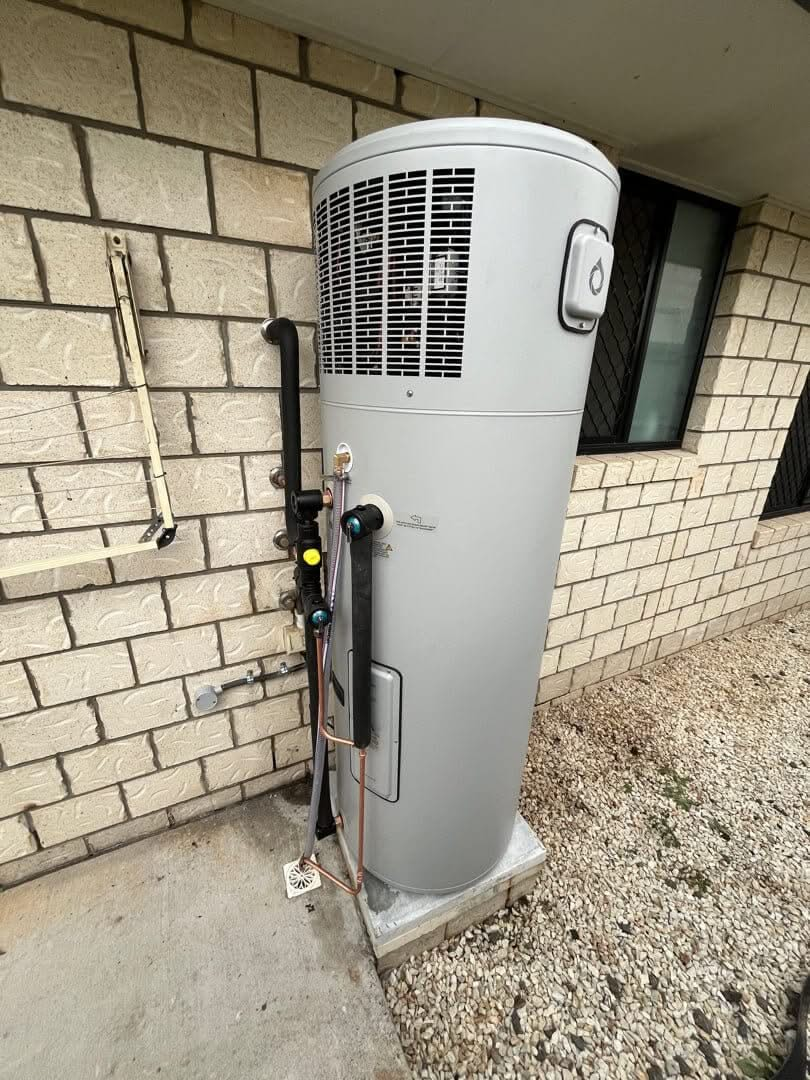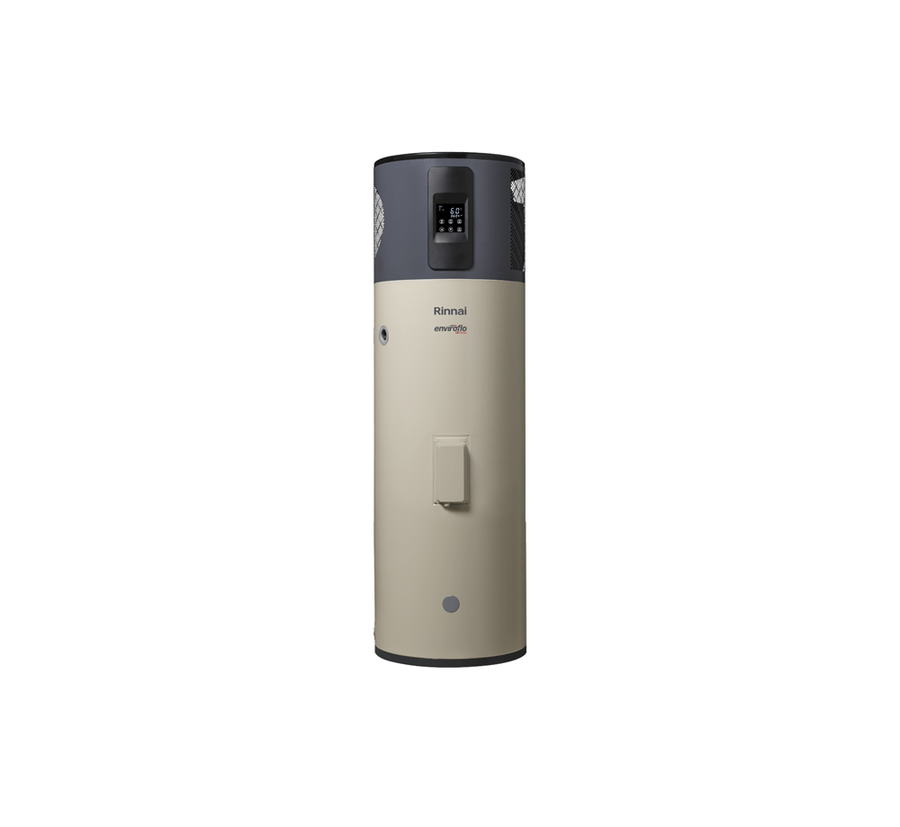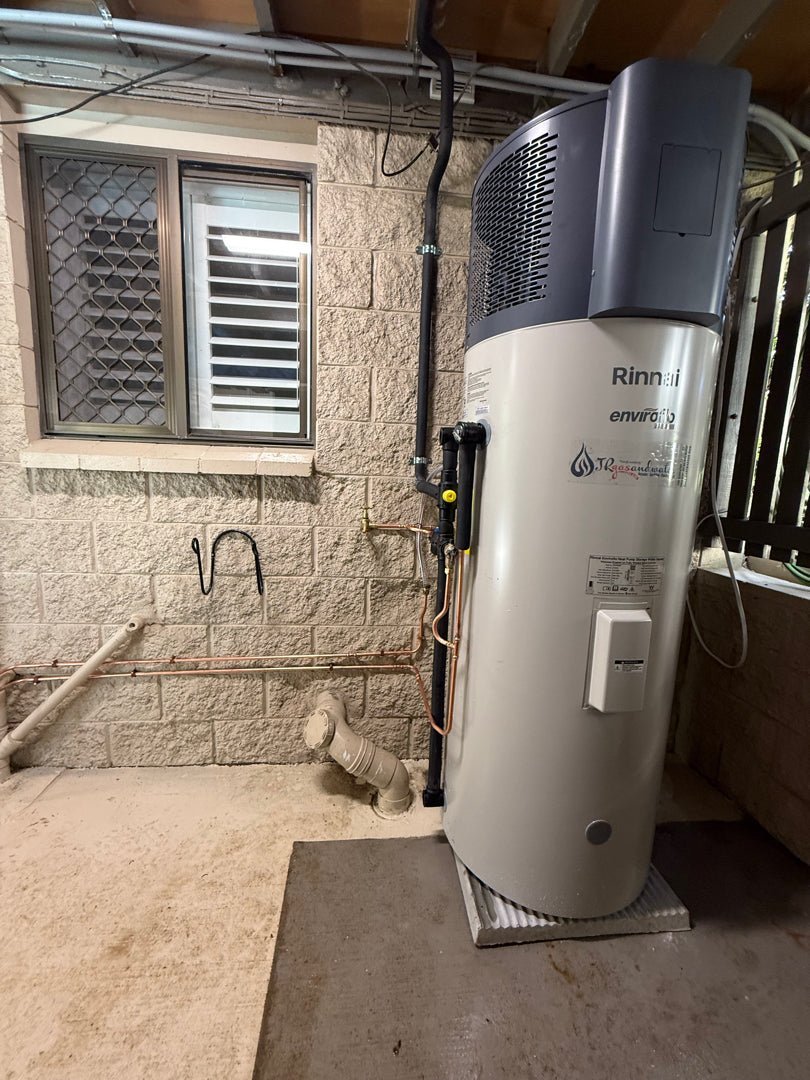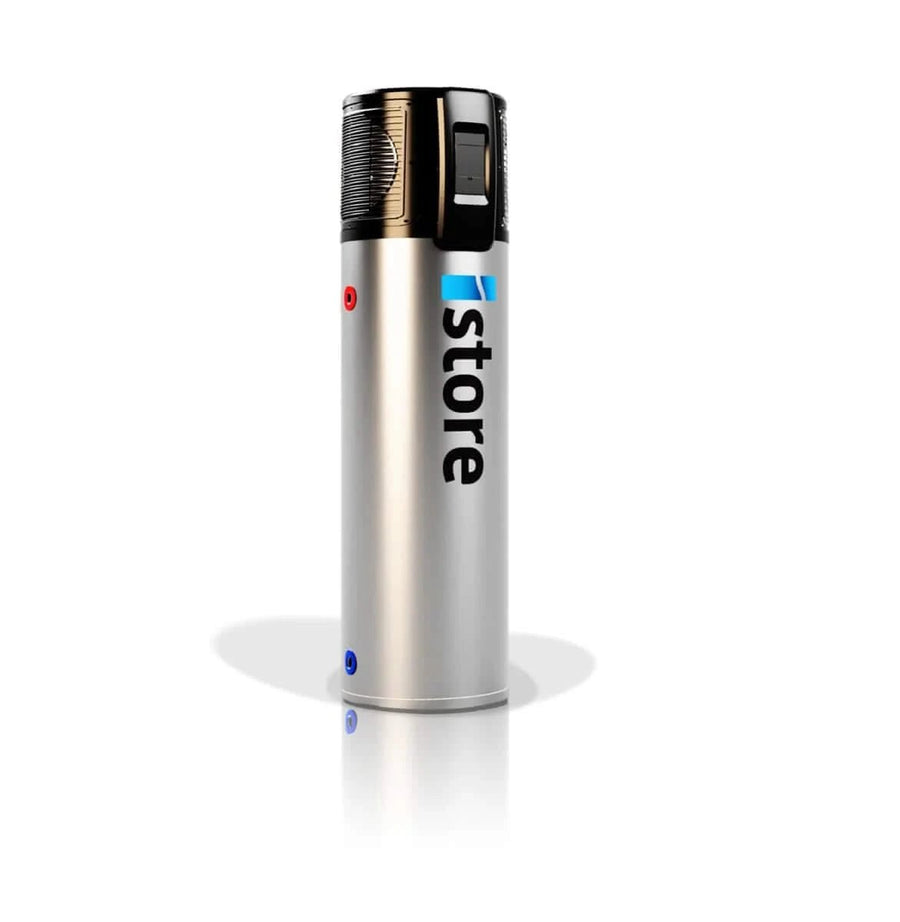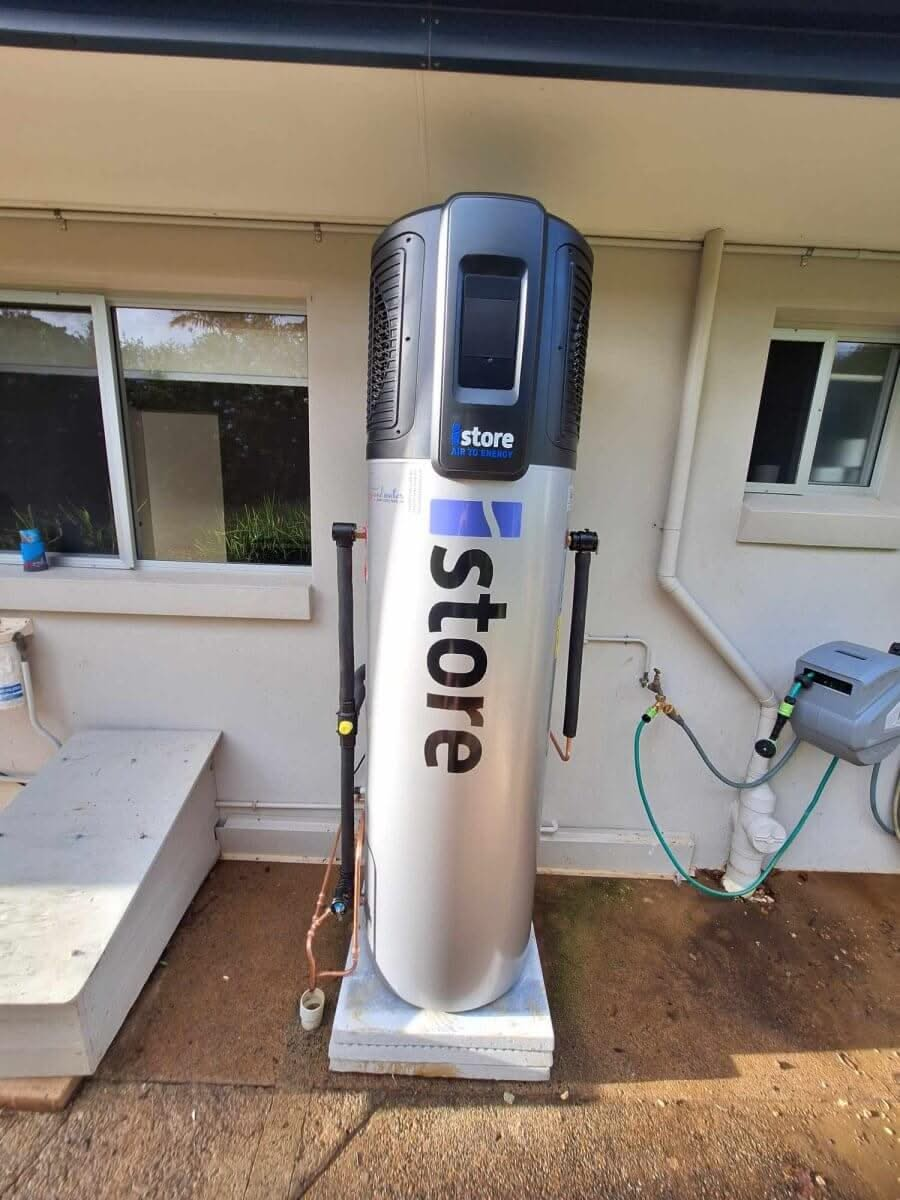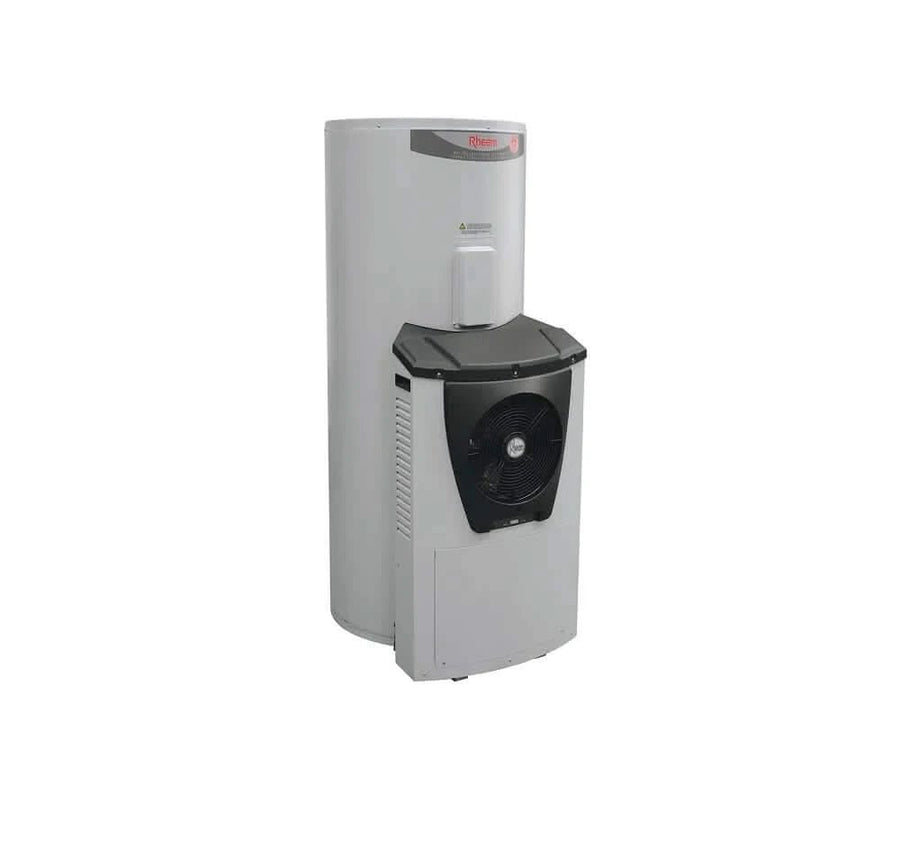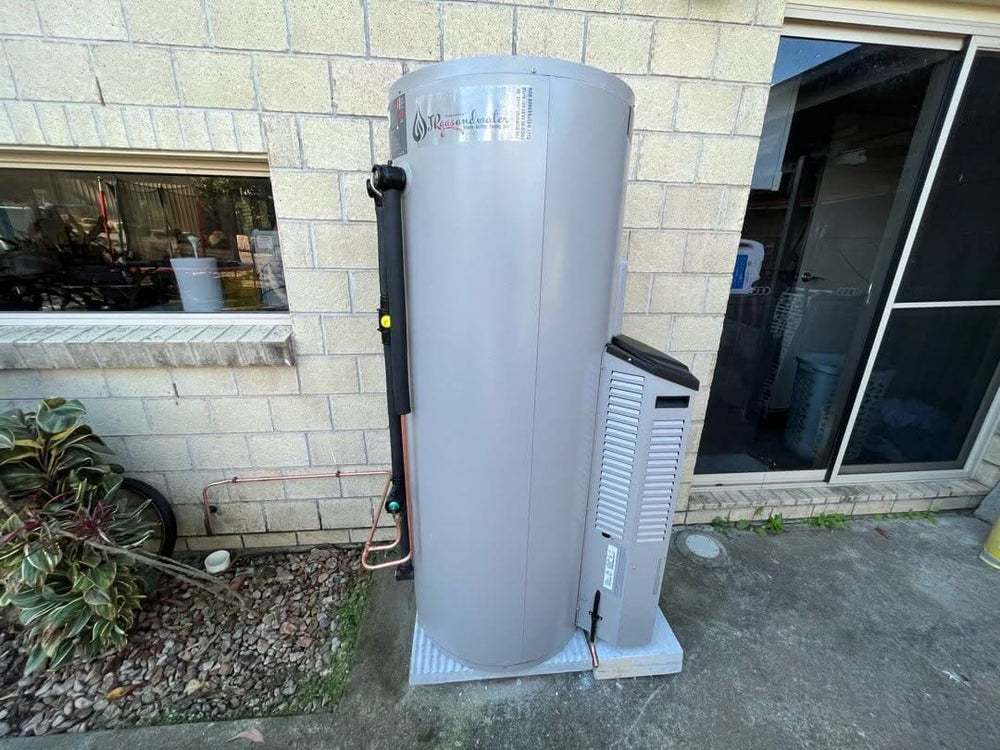Best Home Hot Water System: Find the Perfect Fit for Your Household
🔥 Gas | Electric | Solar | Heat Pump | Continuous Flow
Looking for the best hot water system for your home? With energy costs rising, choosing the right system can save you money, improve efficiency, and ensure reliable hot water all year round. At JR Gas & Water, we specialize in hot water system installations across Brisbane & the Gold Coast—from gas to solar and heat pumps.
In This Guide:
✔ Electric vs. Gas vs. Solar vs. Heat Pump
✔ Best system for your home size & budget
✔ Installation costs & government rebates
✔ Top brands: Rheem, Rinnai, Stiebel Eltron, Dux
Let’s get started! 👇
🔍 Choosing the Right Hot Water System for Your Home
Your hot water system choice depends on:
✔ Household size & water usage 🚿
✔ Energy efficiency & running costs 💰
✔ Upfront cost vs. long-term savings 💡
✔ Available energy sources (gas, electric, solar) 🔥
✔ Space availability (tank vs. tankless) 🏡
🔥 Hot Water System Types: Pros & Cons
There are five main types of hot water systems:
| System Type | Best For | Pros | Cons |
|---|---|---|---|
| Gas Hot Water | Large families, high demand | ✅ Fast heating ✅ Cheaper to run than electric | ❌ Requires gas connection ❌ Higher upfront cost |
| Electric Storage | Budget-friendly, small homes | ✅ Cheaper to buy ✅ Easy to install | ❌ High running costs ❌ Less efficient than gas or solar |
| Solar Hot Water | Eco-conscious, long-term savings | ✅ 50–90% energy savings ✅ Government rebates | ❌ Higher upfront cost ❌ Weather-dependent |
| Heat Pump Hot Water | Energy-efficient, all climates | ✅ 70% lower power usage ✅ Works in cold weather | ❌ Can be noisy ❌ Higher upfront cost |
| Continuous Flow (Tankless) | Small homes, unlimited hot water | ✅ Compact design ✅ Never runs out of hot water | ❌ Higher installation costs ❌ Requires good water pressure |
💡 Which system is right for you? Keep reading to find out!
🔥 1. Gas Hot Water Systems
✅ Best for: Homes with high hot water demand
✅ Efficiency: 6+ Star Rated models available
✅ Running cost: Cheaper than electric
✅ Brands: Rheem, Rinnai, Dux
Gas water heaters heat water faster and cost less to run than electric models. Instantaneous gas systems (continuous flow) only heat water when needed, reducing energy waste.
Pros:
✔ Lower running costs than electric
✔ Fast heating & reliable hot water
✔ Continuous flow options available
Cons:
❌ Requires a natural gas or LPG connection
❌ Higher upfront cost than electric
⚡ 2. Electric Hot Water Systems
✅ Best for: Small homes, low upfront cost
✅ Efficiency: 3–4 Star Rated
✅ Running cost: Higher than gas/solar
✅ Brands: Rheem, Thermann, Dux
Electric hot water systems store heated water in a tank. They are cheaper to buy but cost more to run, especially on peak electricity tariffs.
Pros:
✔ Affordable upfront cost
✔ Easy to install
Cons:
❌ Higher running costs than gas, solar, or heat pump
❌ Can run out of hot water if the tank is too small
💡 Pro Tip: Use an off-peak electricity tariff to save money!
☀ 3. Solar Hot Water Systems
✅ Best for: Households looking for long-term savings
✅ Efficiency: 50–90% reduction in energy use
✅ Running cost: Lowest of all systems
✅ Brands: Rheem, Rinnai, Stiebel Eltron
Solar hot water uses solar panels to heat water, reducing your reliance on electricity or gas. Many systems come with a gas or electric booster to ensure hot water on cloudy days.
Pros:
✔ Massive energy savings (up to 90%)
✔ Government rebates available
✔ Environmentally friendly
Cons:
❌ Higher upfront cost ($3,000–$7,000 before rebates)
❌ Needs sunlight (but boosters help on cloudy days)
💰 Rebates & Incentives: Small-Scale Technology Certificates (STCs) can reduce $1,000+ from installation costs!
❄ 4. Heat Pump Hot Water Systems
✅ Best for: Energy efficiency, all climates
✅ Efficiency: Uses 70% less power than electric
✅ Running cost: Lower than gas & electric
✅ Brands: Stiebel Eltron, Rheem, Dux
Heat pumps extract heat from the air to warm water. They work like an air conditioner in reverse, making them super energy-efficient.
Pros:
✔ Low running costs (70% less than electric)
✔ Works in all weather
✔ Government rebates available
Cons:
❌ Higher upfront cost ($2,500–$5,000 before rebates)
❌ Can be noisy (similar to an A/C unit)
💡 Pro Tip: Heat pumps qualify for rebates, making them as affordable as gas!
🚿 5. Continuous Flow (Tankless) Hot Water Systems
✅ Best for: Homes needing endless hot water
✅ Efficiency: Uses only what you need
✅ Running cost: Lower than storage systems
✅ Brands: Rinnai, Rheem, Bosch
Tankless hot water systems heat water on demand—no bulky storage tank required.
Pros:
✔ Never run out of hot water
✔ Compact, space-saving design
✔ More energy-efficient than storage tanks
Cons:
❌ Higher installation costs
❌ Requires good water pressure
💡 Pro Tip: Ideal for smaller homes or families with high water usage.
💰 How Much Does a Hot Water System Cost?
| System Type | Price Range (before rebates) | Annual Running Costs |
|---|---|---|
| Gas Storage | $1,000–$2,500 | $300–$600 |
| Electric Storage | $600–$1,800 | $500–$1,200 |
| Solar (with rebate) | $3,000–$7,000 | $100–$300 |
| Heat Pump (with rebate) | $2,500–$5,000 | $100–$400 |
| Continuous Flow Gas | $1,500–$3,000 | $200–$500 |
💡 Long-term savings? Solar & heat pumps cost more upfront but save $500–$800 per year!
📢 Get the Best Hot Water System Installed Today!
🚀 JR Gas & Water: Brisbane’s Hot Water Experts!
✔ Supply & install leading brands
✔ Professional, licensed plumbers
✔ Fast service in Brisbane & Gold Coast
✔ We help with rebates & incentives
📞 Call now for a quote – let’s get your hot water running! 💦




